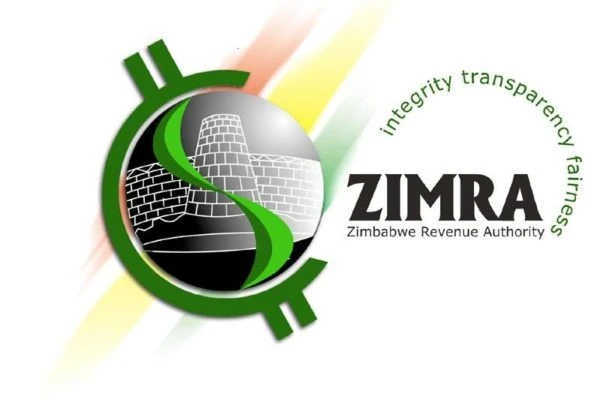Whether you’re buying, selling, or transferring property in Zimbabwe, understanding Capital Gains Tax (CGT) is essential. It’s one of the most important yet often overlooked elements in property transactions, and failing to understand your obligations can delay transfers or cost you more than expected.
This blog outlines what CGT is, who pays it, how it’s calculated, and when it can be exempted.
What Is Capital Gains Tax?
Capital Gains Tax is a tax imposed on the gain (profit) made when a person disposes of a specified asset. In Zimbabwe, this typically includes:
1. Immovable property (land and buildings)
2. Marketable securities (e.g., shares, bonds, unit trusts, debentures)
3. Intangible property rights under Acts such as:
- Mines and Minerals Act
- Patents Act
- Trade Marks Act
- Copyright and Neighbouring Rights Act
- Industrial Designs Act
From 2014, even properties sold without title deeds commonly known as cessions are subject to CGT.
Who Is Liable to Pay Capital Gains Tax?
1. The seller of the property
2. Depositaries such as:
- Estate agents
- Conveyancers
- Legal practitioners
- Financial institutions
- Registrars from relevant statutory bodies
These intermediaries are legally required to withhold and remit CGT to the Zimbabwe Revenue Authority (ZIMRA).
Capital Gains Tax Rates in Zimbabwe
- 20% of the capital gain if the asset was acquired after 1 February 2009
- 5% of the total sale amount if acquired before 1 February 2009
These rates apply whether you are disposing of a home, commercial property, or intangible rights.
When Are You Exempt From Paying Capital Gains Tax?
You won’t have to pay CGT under the following conditions:
- Transfers between spouses
- Divorce-related transfers of a principal private residence (PPR)
- Sales by a deceased estate
- Sale of a PPR by an individual aged 55 or above
- When the full proceeds are used to buy/build another PPR (roll-over relief)
- Transfer of business-use property into a company controlled by the seller
- Donations to approved employee or community trusts, or local authorities
Special Provision: Roll-Over for Principal Private Residence
If you sell your home and use all of the sale proceeds to acquire or build a new home, you are exempt from CGT under roll-over relief.
- If part of the proceeds is used, CGT is charged on the balance.
- If you're 55+ years old, you're fully exempt when selling a principal residence.
CGT Valuation: How ZIMRA Determines Property Value
Normally, ZIMRA accepts the sale price you declare. However, the Commissioner may demand a valuation report from a registered property valuer if:
- The sale is between related parties
- There is suspected under-declaration
- The transaction is not at arm’s length
ZIMRA has the authority to adjust values if they believe the declared value does not reflect the open market.
Required Documents for CGT Clearance
For Properties Under Cession
- Cession letter/approval from the Council
- Cession agreement
- Certified ID copies of buyer and seller
- Letter of undertaking (if using a trust account)
- Proof of payment (bank statement)
- Completed ZIMRA REV1 form
- Capital Gains Tax Return (CGT1)
- Valuation report (for commercial properties or on ZIMRA’s request)
For Properties With Title Deeds
- Signed Agreement of Sale
- Title Deed or Share Certificate (original & copy)
- Proof of payment
- IDs and utility bills (for PPR exemption)
- Power of Attorney (if seller/buyer is abroad)
- CGT1 and REV1 forms
Both the buyer and seller (or their representatives) are required to attend an interview with ZIMRA as part of the clearance process.
The CGT Clearance Certificate
Once ZIMRA has assessed the transaction and confirmed that the tax has been paid or that an exemption applies they will issue a Capital Gains Tax Clearance Certificate. This certificate is a legal requirement for completing the property transfer.
Final Thoughts
If you're involved in real estate transactions in Zimbabwe whether buying, selling, or gifting property Capital Gains Tax compliance is non-negotiable. From understanding exemptions to preparing the right documents, staying informed and working with qualified estate agents and legal practitioners will make the process smoother and avoid costly delays.
Source: ZIMRA - www.zimra.co.zw
 Continue with Facebook
Continue with Facebook
 Continue with Email
Continue with Email














